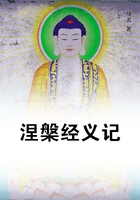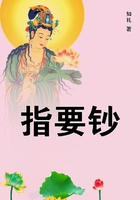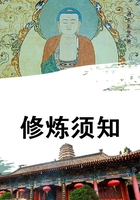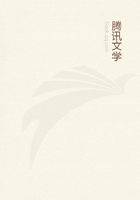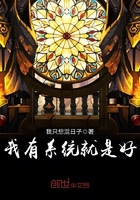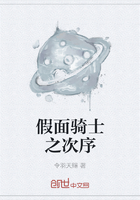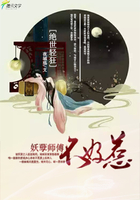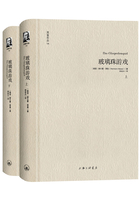Neo-Latin Poetry The chief pride of the humanists is, however, their modern Latin poetry.It lies within the limits of our task to treat of it, at least in so far as it serves to characterize the humanistic movement.
How favourable public opinion was to that form of poetry, and how nearly it supplanted all others, has been already shown.We may be very sure that the most gifted and highly developed nation then existing in the world did not renounce the language such as the Italian out of mere folly and without knowing what they were doing.It must have been a weighty reason which led them to do so.
This cause was the devotion to antiquity.Like all ardent and genuine devotion it necessarily prompted men to imitation.At other times and among other nations we find many isolated attempts of the same kind.
But only in Italy were the two chief conditions present which were needful for the continuance and development of neo-Latin poetry: a general interest in the subject among the instructed classes, and a partial re-awakening of the old Italian genius among the poets themselves--the wondrous echo of a far-off strain.The best of what is produced under these conditions is not imitation, but free production.
If we decline to tolerate any borrowed forms in art, if we either set no value on antiquity at all, or attribute to it some magical and unapproachable virtue, or if we will pardon no slips in poets who were forced, for instance, to guess or to discover a multitude of syllabic quantities, then we had better let this class of literature alone.Its best works were not created in order to defy criticism, but to give pleasure to the poet and to thousands of his contemporaries.
The least success of all was attained by the epic narratives drawn from the history or legends of antiquity.The essential conditions of a living epic poetry were denied, not only to the Romans who now served as models, but even to the Greeks after Homer.They could not be looked for among the Latins of the Renaissance.And yet the 'Africa' of Petrarch probably found as many and as enthusiastic readers and hearers as any epos of modern times.Purpose and origin of the poem are not without interest.The fourteenth century recognized with sound historical sense that the time of the second Punic war had been the noonday of Roman greatness; and Petrarch could not resist writing of this time.Had Silius Italicus been then discovered, Petrarch would probably have chosen another subject; but as it was, the glorification of Scipio Africanus the Elder was so much in accordance with the spirit of the fourteenth century, that another poet, Zanobi di Strada, also proposed to himself the same task, and only from respect for Petrarch withdrew the poem with which he had already made great progress.If any justification were sought for the 'Africa,' it lies in the fact that in Petrarch's time and afterwards Scipio was as much an object of public interest as if he were then alive, and that he was regarded as greater than Alexander, Pompey, and Caesar.How many modern epics treat of a subject at once so popular, so historical in its basis, and so striking to the imagination? For us, it is true, the poem is unreadable.For other themes of the same kind the reader may be referred to the histories of literature.
A richer and more fruitful vein was discovered in expanding and completing the Greco-Roman mythology.In this too, Italian poetry began early to take a part, beginning with the 'Teseid' of Boccaccio, which passes for his best poetical work.Under Martin V, Maffeo Vegio wrote in Latin a thirteenth book to the, Aeneid; besides which we meet with many less considerable attempts, especially in the style of Claudian--a 'Meleagris,' a 'Hesperis,' and so forth.Still more curious were the newly-invented myths, which peopled the fairest regions of Italy with a primeval race of gods, nymphs, genii, and even shepherds, the epic and bucolic styles here passing into one another.In the narrative or conversational eclogue after the time of Petrarch, pastoral life was treated in a purely conventional manner, as a vehicle of all possible feelings and fancies; and this point will be touched on again in the sequel.58 For the moment, we have only to do with the new myths.In them, more clearly than anywhere else, we see the double significance of the old gods to the men of the Renaissance.On the one hand, they replace abstract terms in poetry, and render allegorical figures superfluous; and, on the other, they serve as free and independent elements in art, as forms of beauty which can be turned to some account in any and every poem.The example was boldly set by Boccaccio, with his fanciful world of gods and shepherds who people the country round Florence in his 'Ninfale d'Ameto' and 'Ninfale Fiesolano.' Both these poems were written in Italian.But the masterpiece in this style was the 'Sarca' of Pietro Bembo, which tells how the river-god of that name wooed the nymph Garda; of the brilliant marriage feast in a cave of Monte Baldo; of the prophecies of Manto, daughter of Tiresias; of the birth of the child Mincius; of the founding of Mantua, and of the future glory of Virgil, son of Mincius and of Magia, nymph of Andes.
This humanistic rococo is set forth by Bembo in verses of great beauty, concluding with.an address to Virgil, which any poet might envy him.
Such works are often slighted as mere declamation.This is a matter of taste on which we are all free to form our own opinion.

